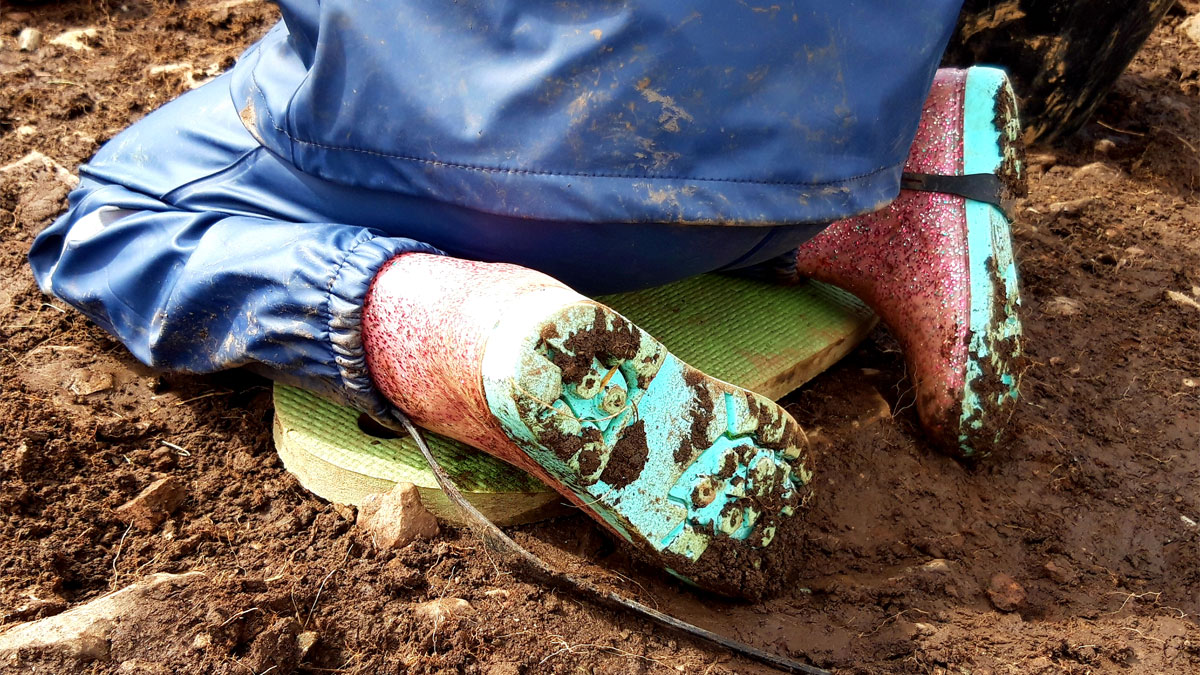These links may be helpful to you and your students in finding out more about archaeology, planning site visits, or locating resources for teaching.
UK Archaeology
The Council for British Archaeology (CBA) website provides an excellent overview of British Archaeology, including fieldwork opportunities, education resources and factsheets, and links to the Young Archaeologists' Club and the Community Archaeology Forum.
British Archaeology Magazine
Includes up-to-date news and features on all aspects of British archaeology.
Current Archaeology Magazine
Similar in scope to the British Archaeology magazine, Current Archaeology provides news and features, as well as advice on archaeology careers and details of current UK field projects.
Chartered Institute for Archaeologists (CIFA)
The Chartered Institute for Archaeologists is the key body for professional archaeologists, and this website provides a wealth of information for anyone considering archaeology as a career.
CBA Guide to UK Archaeology Online
This site provides excellent online material for a wide range of archaeological topics, including Celtic coinage and ancient stone circles and standing stones.
Coping with Climate
Compiled in collaboration with Schools Prehistory & Archaeology, this site includes lesson plans, image banks, a timeline, fundamental fact sheets, and practical activities for schools.

